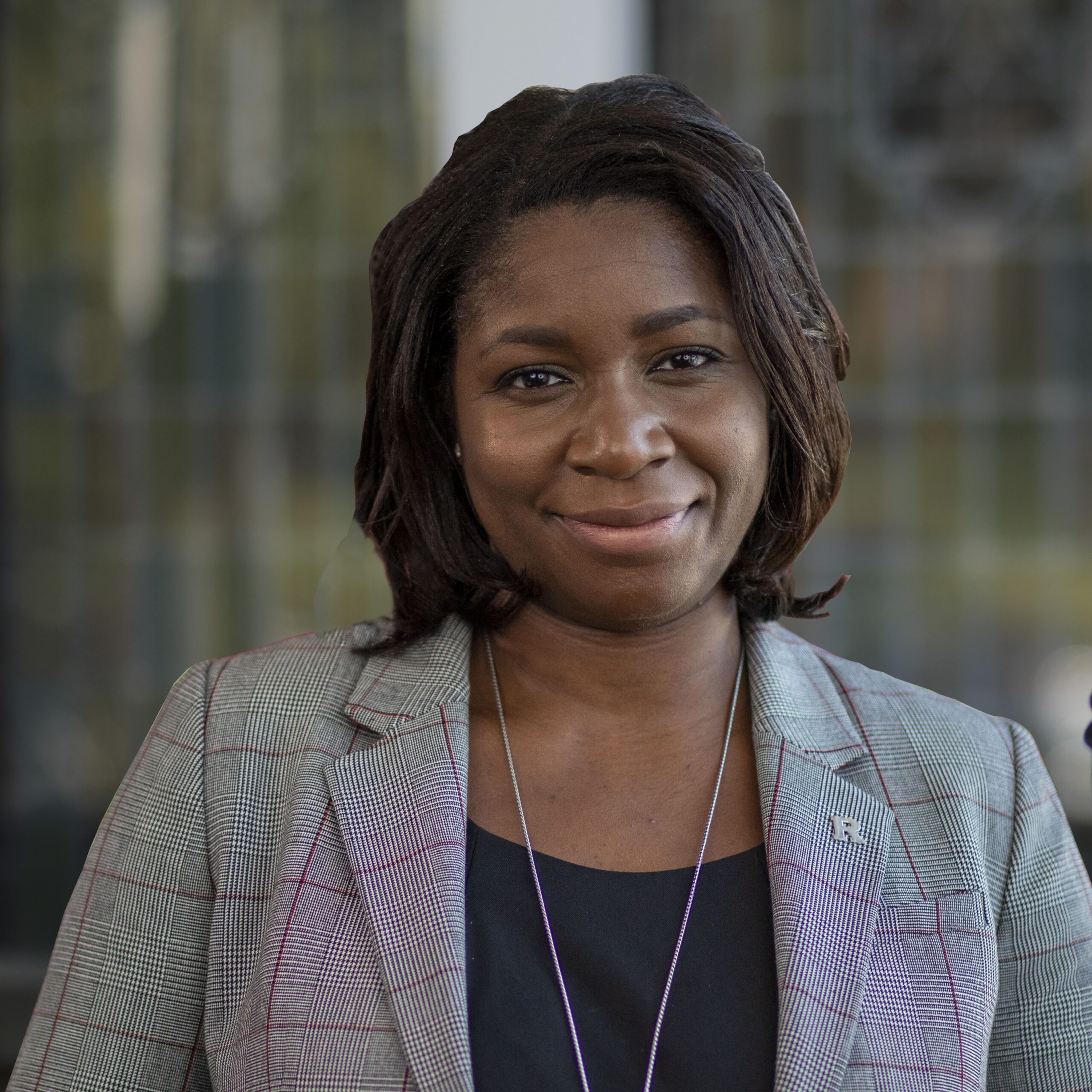Managing Change as an Inclusive Leader
Last updated June 24, 2022Course Length
1h 32m
Last Updated
June 24, 2022

Managing Change as an Inclusive Leader
Last updated June 24, 2022Table of Contents
Learn how inclusive leaders invite and normalize disagreement to better lead and implement change.
Overview
Inclusive leadership requires that today’s leaders think about and understand change differently. Change is no longer a once-in-a-while ‘initiative’ that needs managing but is instead a constantly occurring process. And not everyone sits on a level playing field along the way: inclusive leaders must develop a greater awareness of their own blind spots and attend to the process they follow when leading change. Whose perspectives are being sought and heard, and whose aren’t? Who is the change serving, and who is it impacting? How can you invite and productively navigate through disagreement and conflict as change unfolds?
Join us online to explore what managing change looks like in today’s higher education context for inclusive leaders. You will come away with:
- A more contemporary lens on change management.
- A greater understanding of how your own positionality and power impact the way you lead change.
- Specific tips and strategies for inviting and normalizing disagreement and conflicting viewpoints during the change process.
Who should attend?
This training is designed to be suitable for higher-ed leaders across all levels and functional areas. Both academic and non-academic leaders are invited to attend.
Agenda
August 15, 2022
1:00 p.m. – 3:00 p.m. Eastern
Moving past traditional ways of thinking about change management
In this opening section, we will examine the ways in which historical ways of thinking about change are no longer serving today’s leaders. We’ll discuss the mindset leaders will need to shift and establish how inclusion must be a central part of the change process.
Approaching change through an inclusive lens
In this section, we’ll look more specifically at the relationship between change, positionality, and power. You will have a chance to think about and discuss answers to the following questions as they relate to your own change leadership:
- Whose perspectives are you seeking and hearing?
- Whose voices are you attending to, and whose are you taking for granted?
- Who is the change serving? Who is it impacting?
Managing disagreement and conflict throughout the change process
Disagreement and conflict are inevitable throughout the change process. Too often, we view this as something we have to work through to get to the other side, but in actuality, inclusive leadership requires that you actively invite and normalize disagreement and conflict as a means of arriving at a better outcome. In this section, you will learn how to respond appropriately when someone expresses an opinion or thought that is unlike those of the majority group. In particular, we will discuss strategies and techniques for:
- Holding space for groups that are not you
- Managing the silence in group discussions
- Embracing curiosity
Tagged In
$595


